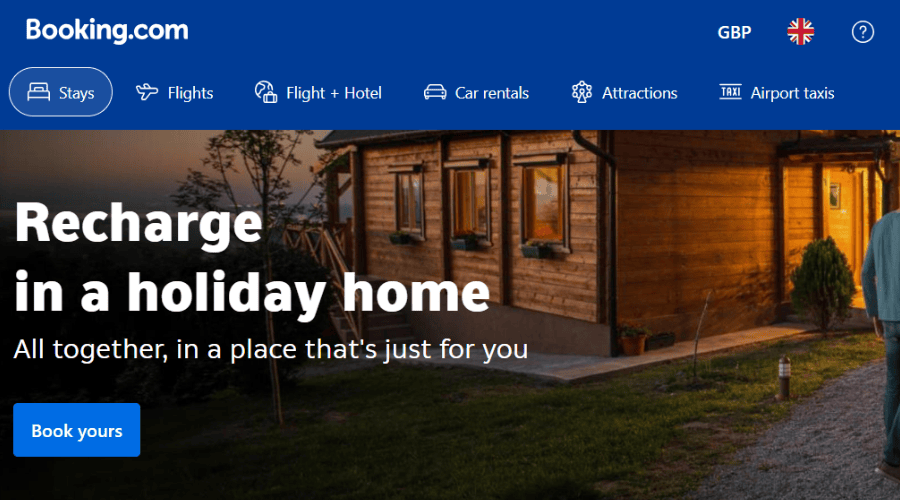Booking.com Suddenly Ends Affiliate Partnerships: What Travel Bloggers Need to Know

The Unexpected Email That Changed Everything
Travel bloggers worldwide received surprising news this week: Booking.com is ending affiliate partnerships for thousands of content creators, effective June 20, 2025.
The decision affects smaller affiliates while preserving relationships with higher-earning partners (those generating €1000+ monthly commissions). For many travel bloggers, this means years of content optimisation and link building just lost its revenue potential.
Why This Timing Hits Different
The June cutoff comes right before peak summer travel season – arguably the worst possible timing for travel content creators who’ve spent months preparing seasonal content and itineraries.
Booking.com’s official statement was brief: “We have determined that our current strategic focus unfortunately does not support continuing our partnership.”
What this means practically:
- Existing affiliate links stop earning commissions after June 20
- Content creators have less than a month to update or replace thousands of links
- Summer 2025 bookings from existing content won’t generate affiliate income
The Bigger Picture for Travel Content Creators
This isn’t happening in isolation. Travel bloggers have been facing mounting challenges lately:
- Declining affiliate commission rates across platforms
- Algorithm changes affecting organic reach
- Increased competition from AI-generated content
- Tracking issues and delayed payouts from various networks
Booking.com’s decision represents another shift in how major platforms work with content creators.
What Successful Bloggers Are Doing Right Now
The most prepared creators are treating this as an opportunity to diversify rather than a crisis to survive:
- Auditing their most valuable content – prioritising updates for high-traffic pages first
- Testing multiple affiliate networks instead of relying on single platforms
- Building direct relationships with hotels and booking platforms
- Creating more evergreen content that’s less dependent on specific affiliate partnerships
The Lessons Worth Learning
This situation highlights how dependent many content creators have become on individual platforms. Booking.com benefited from years of authentic recommendations and SEO value from travel bloggers, making this sudden partnership change feel particularly abrupt.
But it’s also a reminder that diversification isn’t just smart – it’s essential for long-term sustainability in affiliate marketing.
Moving Forward: Building Resilient Revenue Streams
The travel bloggers who’ll thrive through this change are those who view it as motivation to create more robust affiliate strategies. Instead of putting all their eggs in one platform’s basket, they’re spreading risk across multiple revenue sources.
This might actually lead to better long-term outcomes: more stable income, stronger relationships with various platforms, and less vulnerability to sudden policy changes.
The Bottom Line
Change is never comfortable, especially when it affects your income. But the travel blogging community has weathered major disruptions before – from algorithm updates to pandemic shutdowns.
The key is adapting quickly and building systems that can handle future changes. The creators who do this well won’t just recover – they’ll end up in a stronger position than before.






